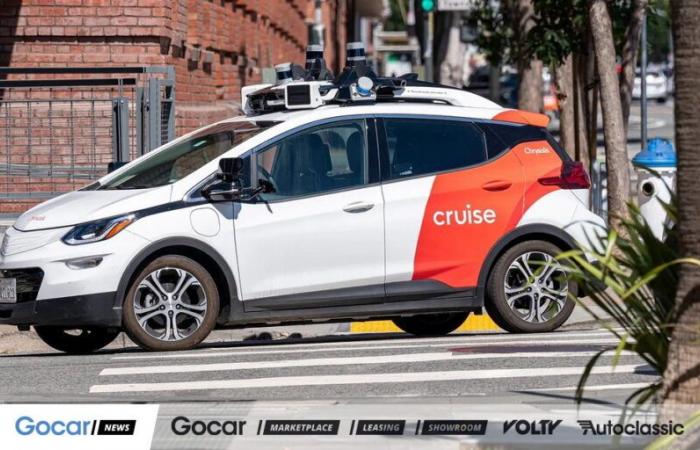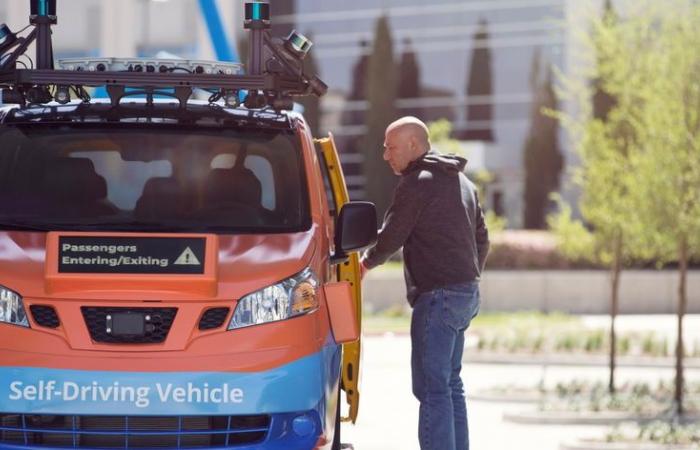General Motors had created the subsidiary Cruise for his autonomous taxis. However, it ceases to be an autonomous entity and turns into a innovation hub to help develop autonomous driving technology for models Chevrolet, Cadillac et Buick. This decision marks a significant change of direction. Initially, Cruise was seen as the main pawn of the ambition of GM to become a leading player in the autonomous mobility market. The plans were grandiose: Cruise was expected to generate up to $50 billion in revenue by 2030.
Moreover, the help of his rival Tesla was on the way. The boss Elon Musk revealed a few months ago its Cybercabthe Tesla version of the self-guided taxi on which great hopes rest. It should become the pivot of the future of the brand and the maintenance of its astronomical stock market value. Insiders even commented that creating a legal framework around self-driving vehicles, with or without a human behind the wheel, was one of the main motivations for Musk’s support for the president-elect Donald Trump. The situation is therefore favorable. The fact that General Motors is reversing its decision is all the more remarkable given that six months ago it announced an agreement between Cruise and Honda to develop a autonomous shuttle for several Japanese cities. This collaboration, too, is ending.
Advertisement – continue reading below
A turning point for Cruise
Cruise’s dream suffered a major blow in October 2023 after a tragic accident in San Francisco. A woman was hit by a car with driver and found herself in front of a Cruise robo-taxi. The latter did not see the woman and dragged her six meters, sparking public outrage.
Local authorities took tough action: Cruise’s operating license was revoked, leading to the vehicles being taken off the road. The consequences of the incident forced GM to tighten its control over Cruise. The founder and CEO of Cruise, Kyle Vogtresigned and the company laid off 900 people, or a quarter of its workforce.
Too much competition?
Furthermore, the battle between rivals in the robo-taxi market is becoming increasingly heated. WaymoGoogle’s sister company, is already rolling in several American cities and Zoox, subsidiary ofAmazonalso has plans for fully autonomous vehicles in Las Vegas and San Francisco. Tesla has announced that its Cybercab will appear on the roads in 2026. GM now recognizes that the resources and time required to be competitive are too great. The experience acquired will therefore be used in the brand’s passenger cars to reduce safety, make traffic jams more bearable and reduce driver stress. The end goal is Level 4 autonomy, which allows the regular vehicle range to drive autonomously under certain conditions. But it’s unclear when that will happen.
Former Cruise CEO Kyle Vogt was less supportive of the decision, which aims to save his former employer $1 billion. On Xhe reacted sharply: “If it wasn’t clear yet, it is now: GM is run by a bunch of amateurs.” Musk, also boss of X, must certainly be laughing out loud.
Looking for a car? Search, find and buy the best model on Gocar.be







